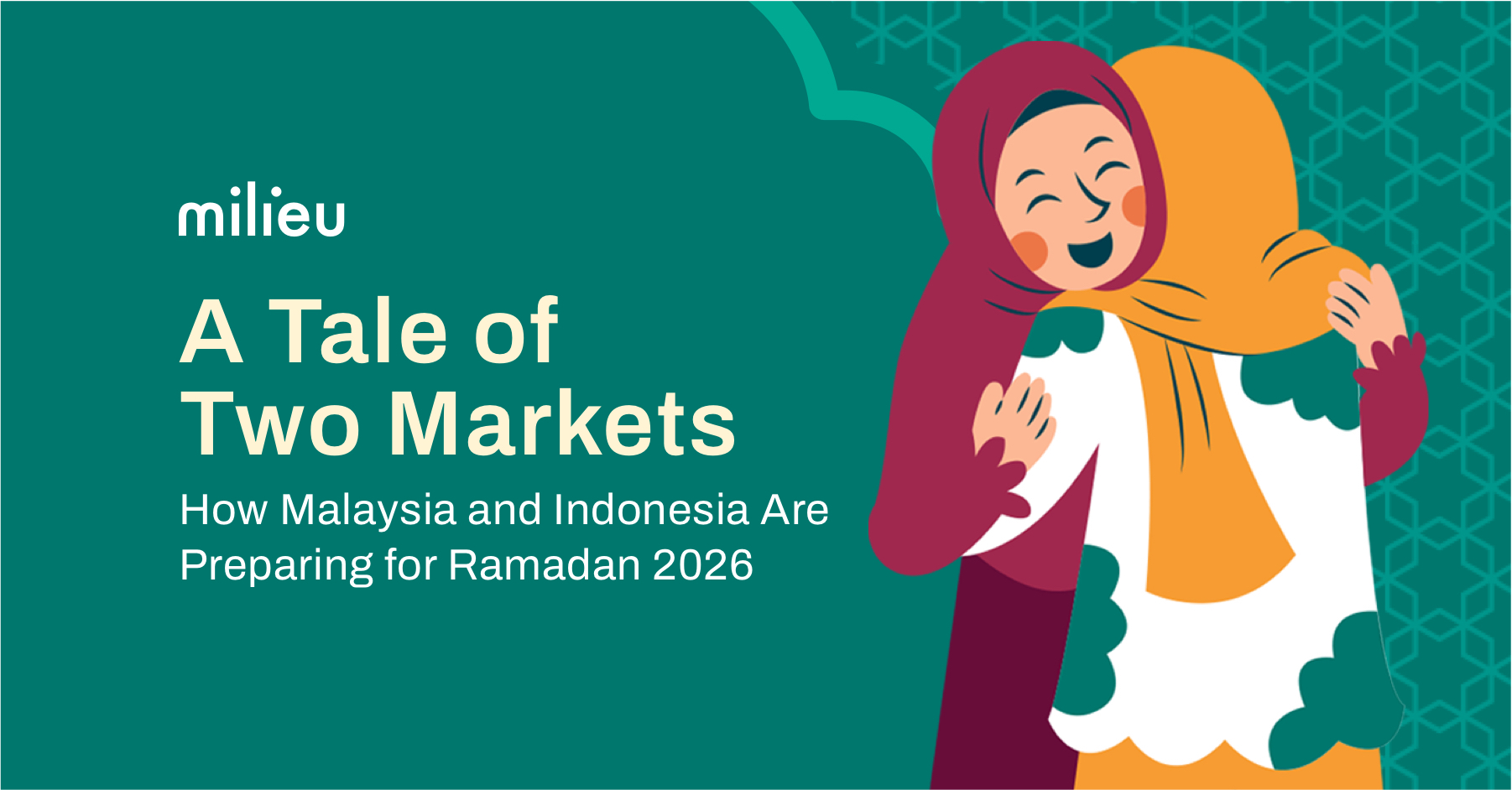Thais are More Considerate Drivers than Singaporeans
-1538388202.avif)
With recent calls for the government to regulate errant behaviour on personal mobility devices and do more regarding cigarette smoke pollution in homes, many are questioning Singaporeans’ graciousness and civic minded tendencies.
New findings by independent market research firm, Milieu Insight reveal that Singaporeans tend to respect orderliness more than Thais but scored lower in issues like social courtesy. The survey polled respondents on how often they performed civic-minded behaviour like holding the door open for the person behind them, giving up their seat to someone in need and if they litter.
Thais scored higher than Singaporeans in social courtesy issues like smiling at strangers and greeting their neighbours, whereas Singaporeans excelled in areas like littering and queueing up. Thais tend to be more considerate on the road, with more drivers willing to give way as compared to Singaporeans.
Singaporeans scored highly in orderliness
An area that Singaporeans performed outstandingly is orderliness, a testament to the success of our strict laws. When comparing this to Thailand, Thais scored significantly lower than Singaporeans in public order issues, like littering and queueing up.
.webp)
In Singapore, a little less than half (45%) reported that they never cut queues even when given the opportunity compared to just a fifth (21%) of Thais who never cut queues when given the chance. Singaporeans’ unwillingness to cut queues even when given the opportunity could be due to their nature of not wanting to trouble other people, as most (60%) report that gaining others’ approval is important to them.
As the penalties for littering in Singapore can come up to $5000 fines, it comes as no surprise that more than half (56%) of Singaporeans reported that they never litter, compared to 16% of Thais who say they never litter. This lack of regard for order and cleanliness is typical for the Southeast Asian nation that prides itself as an exciting but chaotic kingdom.
Social courtesy lacking in Singaporeans
Thai respondents tend to display acts of social courtesy more frequently than Singaporeans, with the most glaring difference being how often each nationality smiles at strangers. Thailand lived up to its moniker “The Land of the Smiles” with two thirds (66%) of Thais reporting that they smile at strangers all the time compared to only 11% of Singaporeans who smile at strangers all the time.
Although Singaporeans scored higher in interacting with their neighbours, with 40% reporting that they greet their neighbours all the time, this is still eclipsed by the neighborliness exhibited by Thais, with significantly more (61%) indicating that they greet their neighbours all the time.
When it comes to driving etiquette, Singaporeans’ ‘kiasu’ or ‘me-first’ attitude is exhibited on the road with drivers’ reluctance to give way to other vehicles.
Thais are more considerate drivers, with more than half of Thai drivers (54%) saying they give way to other vehicles all the time compared to only a third (33%) of Singaporean drivers who give way all the time.
.webp)
The lack of social courtesy in Singaporeans could be due to a variety of reasons. Based on survey findings from Singaporean respondents, an aversion to smiling at strangers and greeting neighbours could be due to a personal fear of being rejected or misunderstood and awkwardness, according to a Singapore Kindness Movement report. Societal norms could also influence behaviour as more than half of Singaporean respondents report that prefer to keep their feelings to themselves (52%), are quiet around strangers (58%) and rather be alone (55%).
Parents are more gracious than the average Singaporean
Additionally, when examining survey results closer, findings also indicate that Singaporean parents are more gracious than single Singaporeans and an average Singaporean in every category, revealing that parents lead by example to teach graciousness and inculcate kindness in their children. Mothers especially, ranked as the most gracious group. Mothers reported that they greeted their neighbours all the time (57%) and kept the noise down at night all the time (88%) significantly more often than Singaporeans at 40% and 76% respectively. This shows that parents are indeed setting good examples and being role models for their children to learn civic mindedness from a gracious home.
Although we still have quite a long way to go in building a gracious society, our civic mindedness when it comes to issues like littering and giving up our seats to others in need proves how far we've come in making an effort to care for others. Successful public initiatives should also be also be commended in making a difference, however, social responsibility should also start at home, with families placing an importance on educating their children.
The survey was conducted in June 2018 among a sample of 3,175 Singapore residents and 3,821 Thailand residents, aged 16 and above in both countries by Milieu Insight. The data was weighted to ensure that it represents the online population of Singapore and Thailand in terms of age and gender demographics.






